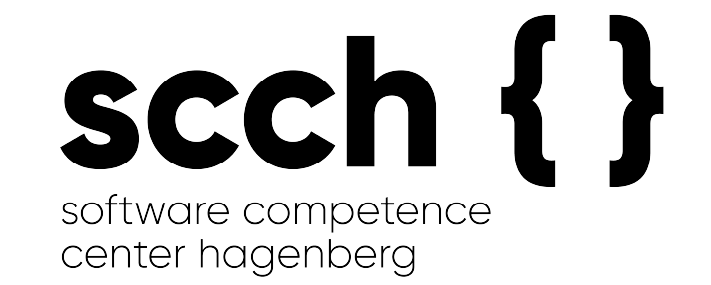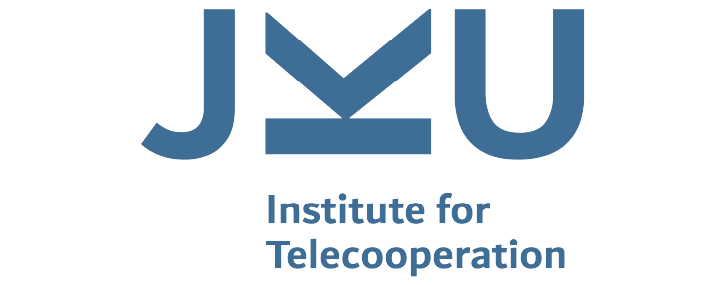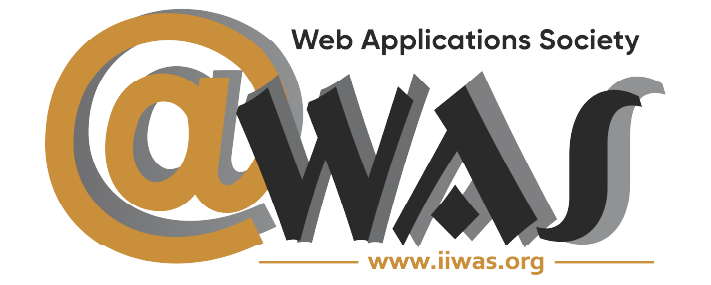IWCFS 2024
The 9th International Workshop on Cyber-Security and Functional Safety in Cyber-Physical Systems
Papers submission: https://easychair.org/conferences/?conf=iwcfs2024
IMPORTANT DATES
- Paper submission deadline: 22 April 2024
- Notification of acceptance: 10 May 2024
- Camera-ready copies due: Before 10 June, 2024 (SHARP)
- Authors Registration deadline: Before 10 June 2024 (SHARP)
- Conference days: 26-28August 2023
PUBLICATION
All accepted IWCFS 2024 papers will be published by Springer in their Communications in Computer and Information Science (CCIS). CCIS volumes are indexed in Scopus; EI Engineering Index; Google Scholar; DBLP; etc. and submitted for indexing in the Conference Proceedings Citation Index (CPCI), part of Clarivate Analytics’ Web of Science. In addition, the best papers of the workshop, after further revisions and independent reviews, will be considered for publication in a special issue of Wiley Journal of Software: Evolution and Process (IF 1.972).
SCOPE
The design of modern Cyber-Physical Systems (CPSs) comprises systems of systems that include several heterogeneous components. Manufacturers of such systems must address several networking, dynamic and uncertain environmental constraints. CPSs are often safety-critical, i.e., any malfunctioning of the system may seriously harm its user. However, the involved communicating peripherals also necessitate the consideration of security issues so that the proper functioning of a CPS is not affected by cyber-security threats.
The engineering of a CPS requires high safety integrity levels and strong assurances for their fitness for public use against safety hazards and cyber-security threats. Considering safety and security requirements in the design of CPS increases their reliability, confidentiality, integrity, and availability. This also ensures the continuous provision and protection of essential services and assets. However, modern systems and software engineering methods and approaches are often not adequate for the high-confidence design and manufacturing of CPSs. This is especially true within the era of artificial intelligence and quantum computing.
TOPICS of INTEREST
The overall aim of this workshop is to address a broad range of issues related to cyber-security, functional safety, and their interplay within the context of CPSs – including but not limited to:
- Functional safety, cyber-security, and their interplay
- Model-driven engineering
- Privacy and confidentiality
- Specification, verification, and validation
- System architecture, design, decisions, and tradeoffs, e.g., correct-by-design or privacy-by-design
- Security, safety, and CPSs in the era of artificial intelligence, machine learning, deep learning, and quantum computing
- Regulation, homologation, legalization, and certification
- Case studies, experience reports, benchmarking, and best practices
- Healthcare, transportation, aerospace, energy, robotics, finance, business, etc.
SUBMISSION GUIDELINES
To encourage participation and discussion, this workshop solicits two types of submissions - regular papers and short papers:
- Regular paper submissions about original work not exceeding 10 pages.
- Short paper submissions on recent or ongoing work on relevant topics and ideas not exceeding 5 pages.
SUBMISSION PROCEDURE
Papers submission will be managed using www.easychair.org. If you have used this system previously for other conferences, you can use the same username and password. If this is the first time you are using EasyChair, you will need to register for an account by clicking the "I have no EasyChair account" button. Upon completion of registration, you will get a notification email from the system and you are ready for submitting your paper. You can upload and re-upload the paper to the system by the submission due date.
Online papers submission here.
REVIEW PROCESS
Submissions to the workshop must not have been published or be concurrently considered for publication elsewhere. All submissions will be peer-reviewed by at least 3 reviewers and judged based on originality, contribution to the field, technical and presentation quality, and relevance to the workshop. Short papers are meant for timely discussion and feedback at the workshop.
Program Committee Members
- Paolo Arcaini, National Institute of Informatics, Japan
- Irum Inayat, National University of Computers and Emerging Sciences, Pakistan
- Jean-Pierre Jacquot, LORIA/University Henri Poincar, France
- Saif Ur Rehman Khan, Shifa Tameer-e-Millat University, Pakistan
- Rudolf Ramler, Software Competence Center Hagenberg, Austria
- Neeraj Singh, INPT-ENSEEIHT / IRIT, University of Toulouse, France
- Michael Vierhauser, University of Innsbruck, Austria
- Edgar Weippl, University of Vienna, Austria





